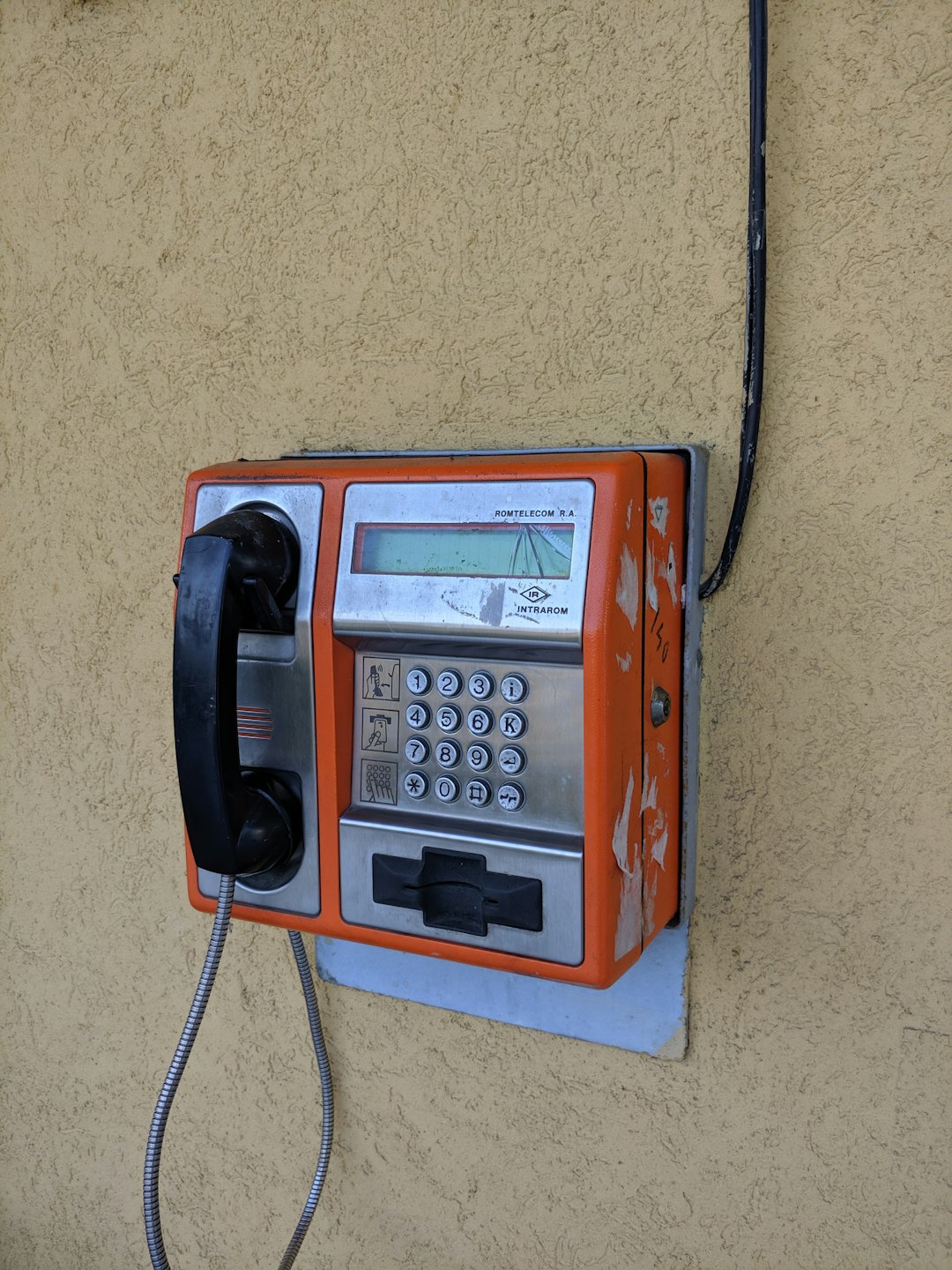Robocalls are a widespread issue in Colorado, targeting both landlines and mobile phones with marketing, scams, or fraud. Federal laws like the TCPA regulate automated calls, while state regulations have additional penalties for violators. App-based solutions specifically designed to block robocalls offer effective management of these unwanted interruptions. Users should download apps from reputable sources, configure settings based on preferences, and update regularly for maximum protection. Consulting a robocall Lawyer Colorado can guide individuals in navigating their rights and using these apps effectively.
Tired of unwanted robocalls on your Colorado cellphone? You’re not alone. These automated calls, often illegal, can be a nuisance. Learn how to reclaim control with this comprehensive guide. We break down the legal aspects of robocalling in Colorado and explore top app-based solutions to block these relentless calls. Get started today and protect yourself from unwanted attention with the help of a robocall lawyer in Colorado – no more annoying interruptions!
Understanding Robocalls and Their Legal Aspects in Colorado

Robocalls, automated phone calls that deliver recorded messages, have become a ubiquitous and often unwanted part of modern life. In Colorado, as in many states across the country, robocallers target both landlines and mobile phones with unsolicited marketing messages, scams, and even fraudulent activities. While some robocalls are legitimate, such as those from financial institutions or government agencies, others can be a nuisance and even dangerous.
In terms of legal aspects, Colorado has implemented certain regulations to protect consumers from unwanted robocalls. The Telephone Consumer Protection Act (TCPA) is a federal law that prohibits automated phone calls and text messages unless the caller has prior express consent from the recipient. Additionally, some states have their own laws regarding robocalling practices, with penalties for violators. If you believe you’ve received a robocall in Colorado from a lawyer or any other organization, it’s advisable to consult with a local robocall Lawyer Colorado to understand your rights and options.
Exploring Effective App-Based Solutions for Blocking Robocalls

Robocalls have become a widespread nuisance, but cell phone users in Colorado now have powerful tools at their disposal to combat this issue. Exploring app-based solutions designed specifically for blocking robocalls can provide significant relief. Many apps offer advanced call screening and filtering features that allow you to block automated calls from various sources, including marketing agencies and fraudulent entities.
One of the key benefits of these apps is their ability to learn and adapt over time. By using machine learning algorithms, they can identify patterns and categorize incoming calls, ensuring that robocalls are seamlessly filtered out while allowing legitimate calls to go through. With the help of a robocall lawyer in Colorado, who can guide users on the best app options, you can take control of your phone lines and enjoy fewer unwanted interruptions.
Comprehensive Guide to Downloading and Using Anti-Robocall Apps in Colorado

In today’s digital era, robocalls have become a pervasive nuisance for folks across Colorado. To combat this, anti-robocall apps offer a practical solution, providing an extra layer of protection for your cellphone. Here’s a comprehensive guide on downloading and using these apps effectively.
The first step is to download an anti-robocall app from reputable sources like the App Store or Google Play. Look for apps designed specifically for blocking robocalls, such as those developed by recognized security companies. Once installed, these apps often use advanced algorithms to identify and block unwanted calls, including those from robocall lawyers in Colorado. To ensure optimal protection, configure the app’s settings according to your preferences, allowing it to learn your calling patterns and automate blocking. Regular updates for these apps are crucial, as they adapt to new robocall techniques, ensuring long-term effectiveness against these persistent intruders.






